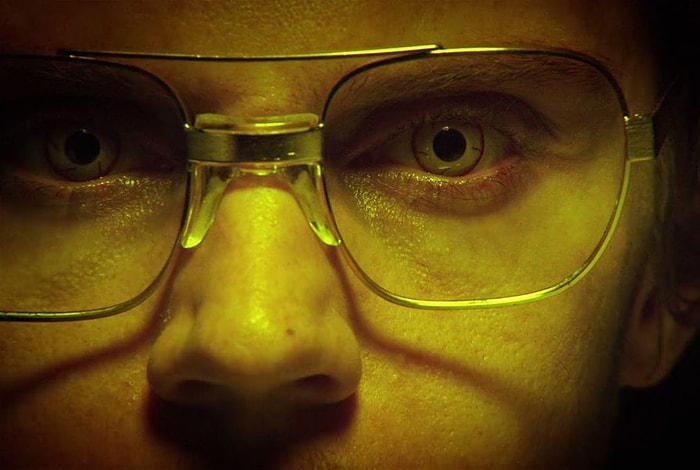June Osborne and Embracing the Darkness in 'The Handmaid's Tale'
Warning: This article contains spoilers for the original novel and season 5 episode 4. The philosopher Plato once told a story about a group of prisoners who had been trapped inside a cave their entire lives. All they could see were the shadows dancing on the walls. Those shadows were their reality. They represented the ideas and objects that humans use to define everything around them. According to him, that was all most humans were capable of seeing. Should a prisoner venture outside the cave, the light would hurt their eyes, and they would be blinded by it, unable to perceive the outside world. The pain would be too much and they'd retreat back into the comfortable darkness. This story, commonly referred to as the Allegory of the Cave, is mostly meant to outline our limited perception. We don't understand the world around us, and we certainly can't look inside ourselves and perceive our own nature. The public would never accept the science behind why we do things and the way we think. It goes against our most ingrained beliefs about who and what we are. That is a light we cannot withstand. It's like when someone insults us. We get defensive and shield ourselves from the truth because it hurts.Fiction reflects that. There are all sorts of rules that writers follow to avoid the darkest aspects of human nature and the world around us. Some truths are too uncomfortable, so they we skip those parts, focusing instead on beautiful lies. Margaret Atwood doesn't gloss those things over. She grabs a mirror, shoves it in our faces, and demands that we look. That's why so much of her work seems outlandish and counterintuitive. It's real. She refuses to give us anything other than an objective view of what we are and what we're capable of. She doesn't write about heros or heroines. She doesn't do happily ever afters. She gives us probable conclusions--decades of Gilead, no hope, and very little chance of escape. She lives in our world, not the world of fiction. 'The Handmaid's Tale' series reproduces Atwood's blinding objectivity, and it can be overwhelming. They challenge our notions of what it means to be good and evil. They go to places fiction doesn't go. Sometimes it's uncomfortable and unfamiliar, but that's because it's realistic. If we take a step back, focus our eyes, and see it for what it is, we can begin to understand it better.


